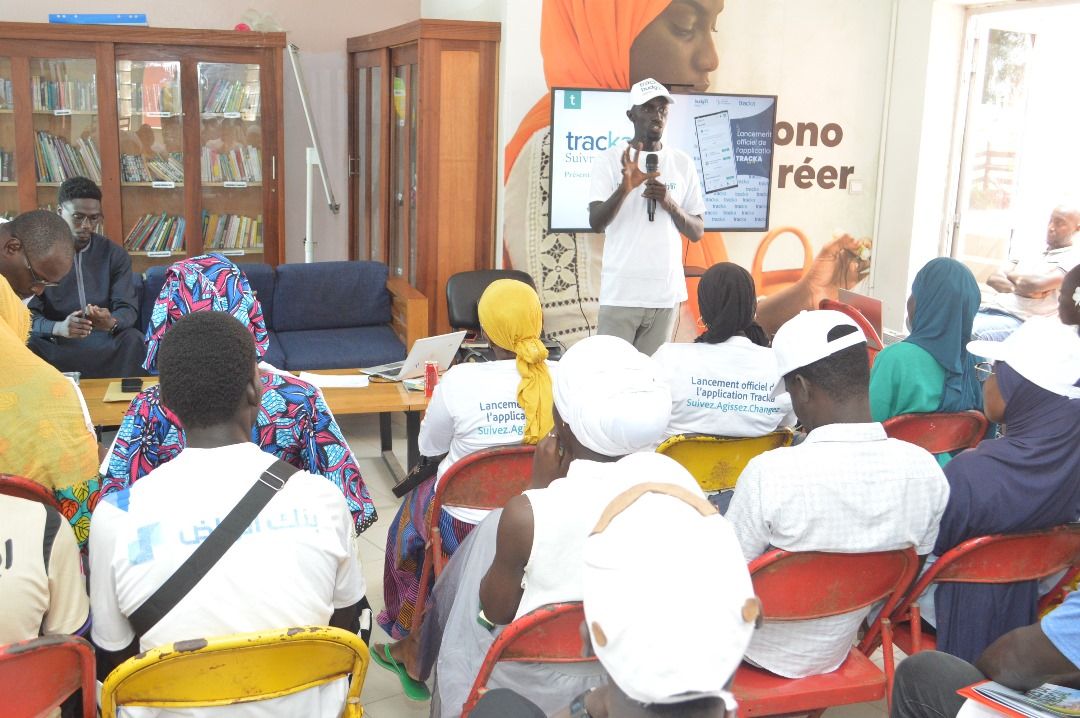The debate on public finance management in Senegal has evolved significantly in recent years, influenced by several factors. These include the development of media, the rise of civil society organizations and whistleblowers, the increasing involvement of civil servants in politics, and, most importantly, the advent of new information and communication technologies. The discussion around the budget, which traditionally involved economists, technicians, academics, and to a lesser extent, politicians, is now capturing the attention of citizens who are becoming more aware of their roles as taxpayers.
However, this debate can sometimes feel both complex and overwhelming. It is complex due to the technical terms and data involved, especially given that a large portion of the population may not have a deep understanding of these issues. Simultaneously, it can be oversaturated with misinformation, as individuals without knowledge of the actual data may spread false information under the guise of political discourse or “fake news.”
It’s important to clarify that the budget is not simply the money in the state’s coffers, as many believe. The budget refers to estimates of revenue and expenditure governed by laws and regulations that must be adhered to during implementation. These regulations start with the constitution—the fundamental law of the country—and extend to the regulations of the West African Community, of which Senegal is a member.
The legal framework and necessary reforms for a more transparent system

The Senegalese budget is governed by a set of laws and regulations designed to ensure transparent and effective management in line with the principles of good public finance governance.
The legal framework for Senegal’s budget is primarily defined by the Constitution, which is the fundamental law of the country. Article 63 mandates that the Ministry of Finance and Budget submit the draft finance bill to the National Assembly. This provision sets a deadline for parliament members to examine and vote on the budget for its approval.
In addition to the Constitution, the Organic Law on Finance Laws (LOLF) No. 2011-15 outlines the rules for public finance management. This law establishes budgetary principles and procedures, encompassing everything from the initial and amended finance laws to implementation reports, and identifies the roles of various actors involved in the budget process. When the organic law requires clarification or additional details, the government issues implementing decrees to provide further guidance on the LOLF.
At the community level, the harmonized public finance framework of the West African Economic and Monetary Union (WAEMU), particularly Directive No. 06/2009, has introduced several reforms, including program budgeting. This approach is based on principles such as budgetary sincerity, multi-annual planning, and performance.
In line with Law No. 2012-22, dated December 27, 2012, concerning the Code of Transparency in Public Financial Management, the goal is to ensure the transparent, efficient, and economical management of public financial resources within the community. This Code is founded on several key principles: the existence of a clear legal and regulatory framework that outlines the procedures for preparing and executing the budget; the active involvement of deliberative bodies in determining the budgetary guidelines for the state, local authorities, public institutions, and other decentralized bodies; effective oversight of budget execution by deliberative bodies, along with regular reporting by executive bodies; the establishment of transparent rules governing public procurement, public service delegations, and public-private partnerships; comprehensive and regular communication with citizens regarding budgetary decisions; and the integrity of key officials involved in budget execution.
Transparency code in Public Finance Management

In 2011, Senegal implemented the program budget to replace the resource budget, as part of the transposition of WAEMU directives. This new approach structures the budget around public policies and programs, each with specific objectives and performance indicators. It highlights the importance of performance, multi-year planning, and the accountability of program managers.

BudgIT Senegal is an organization dedicated to promoting budget transparency and accountability, with a particular emphasis on serving the community. To achieve this, BudgIT Senegal produces simplified versions of budget documents, conducts training sessions on budget understanding, and engages in information sharing and advocacy. These efforts aim to bridge the gap between citizens and the budgeting process.BudgIT Senegal is an organization dedicated to promoting budget transparency and accountability, with a particular emphasis on serving the community. To achieve this, BudgIT Senegal produces simplified versions of budget documents, conducts training sessions on budget understanding, and engages in information sharing and advocacy. These efforts aim to bridge the gap between citizens and the budgeting process.
